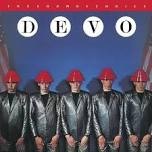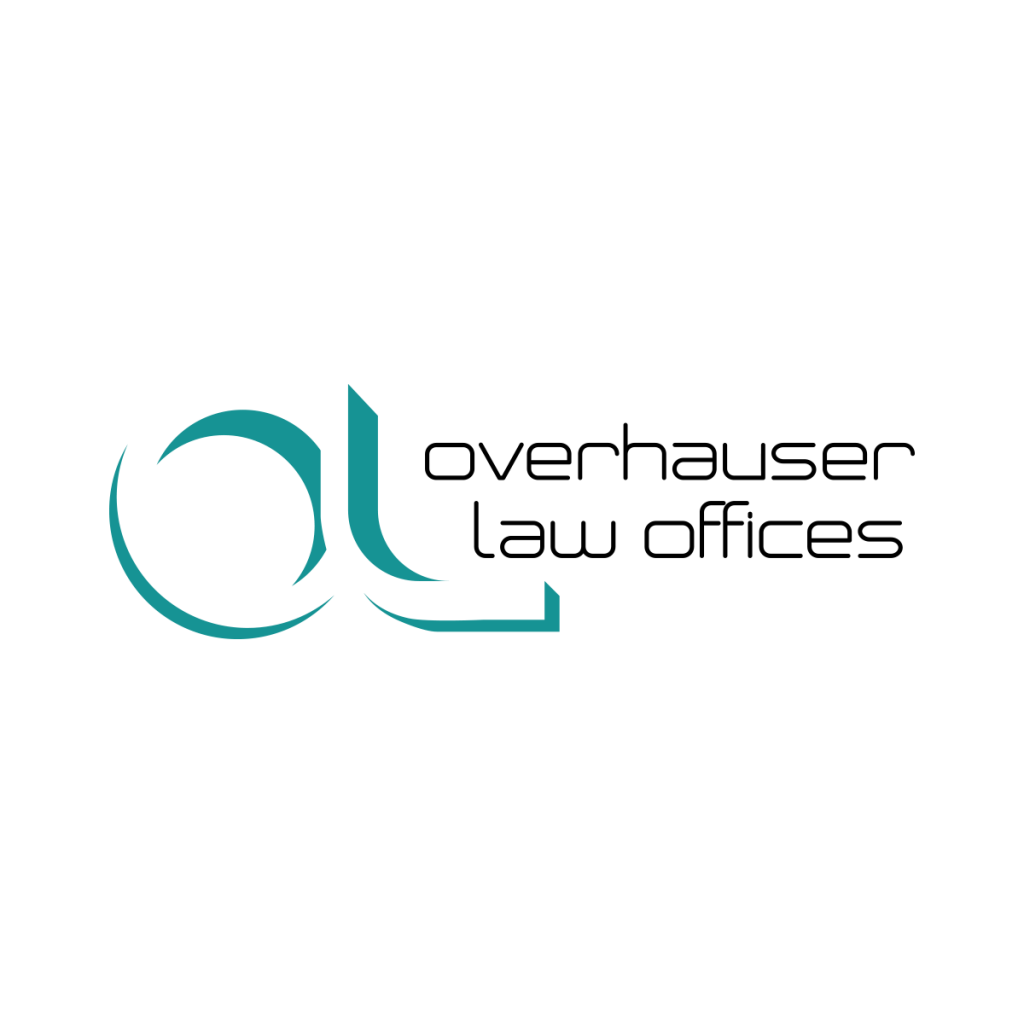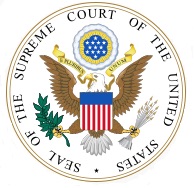
Fort Wayne, Indiana – An Indiana copyright and trademark attorney for Microsoft Corporation (“Microsoft”) of Redmond, Washington sued in the Northern District of Indiana alleging that Ace Recycling, Inc. and Kevin Cawood, both of Fort Wayne, Indiana (collectively, “Defendants”), infringed copyrighted material belonging to Microsoft. Defendants have also been accused of trademark infringement, false designation of origin, false description and representation, counterfeiting and unfair competition. Microsoft seeks damages, an accounting, the imposition of a constructive trust upon Defendants’ illegal profits, and injunctive relief.
Microsoft develops, markets, distributes and licenses computer software. Ace Recycling is engaged in the business of advertising, marketing, installing, offering, and distributing computer hardware and software, including the software at issue, which Microsoft contends is unauthorized.
Microsoft’s software products, which have been registered by the U.S. Copyright Office, include Microsoft Windows XP and Microsoft Vista, both of which are operating systems for desktop and computers.
Also at issue are the following trademarks and service marks belonging to Microsoft:
• “MICROSOFT,” Trademark and Service Mark Registration No. 1,200,236, for computer programs and computer programming services;
• “MICROSOFT,” Trademark Registration No. 1,256,083, for computer hardware and software manuals, newsletters, and computer documentation;
• WINDOWS, Trademark Registration No. 1,872,264 for computer programs and manuals sold as a unit; and
• COLORED FLAG DESIGN, Trademark Registration No. 2,744,843, for computer software.
Microsoft contends that Defendants advertised, marketed, installed, offered and distributed unauthorized copies of Microsoft software, despite Microsoft’s claims that their actions infringed Microsoft’s intellectual property rights. Specifically, Microsoft asserts that, in April 2013, Defendants distributed to an investigator refurbished computer systems with unauthorized copies of Windows XP installed on them. In response, in June 2013, Microsoft asked Defendants to cease and desist from making and distributing infringing copies of Microsoft software. Microsoft alleges that, in May 2014, Defendants again distributed to an investigator a refurbished computer system with an unauthorized copy of a Windows operating system – in that case, Windows Vista – on it.
Microsoft contends that these are not isolated incidents but, instead, indicate Defendants’ pattern of acting in reckless disregard of Microsoft’s registered copyrights, trademarks and service marks.
In this Indiana lawsuit, Microsoft’s copyright and trademark attorney makes the following claims:
• Copyright Infringement – 17 U.S.C. § 501, et seq.
• Trademark Infringement – 15 U.S.C. § 1114
• False Designation Of Origin, False Description And Representation – 15 U.S.C. § 1125 et seq.
• Indiana Common Law Unfair Competition
• For Imposition Of A Constructive Trust Upon Illegal Profits
• Accounting
Microsoft asks for a judgment of copyright infringement; of trademark and service mark infringement; that Defendants have committed and are committing acts of false designation of origin, false or misleading description of fact, and false or misleading representation against Microsoft, in violation of 15 U.S.C. § 1125(a); that Defendants have engaged in unfair competition in violation of Indiana common law; and that Defendants have otherwise injured the business reputation and business of Microsoft.
Microsoft also asks for the impoundment of all counterfeit and infringing copies of purported Microsoft products; the imposition of a constructive trust upon Defendants’ illegal profits; injunctive relief; damages, including enhanced damages; and costs and attorneys’ fees.
The case was assigned to Judge Joseph Van Bokkelen and Magistrate Judge Susan L. Collins in the Northern District of Indiana and assigned Case No. 1:15-cv-00032-JVB-SLC.
 Indiana Intellectual Property Law News
Indiana Intellectual Property Law News


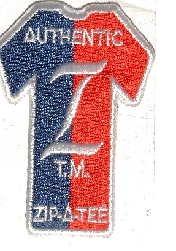
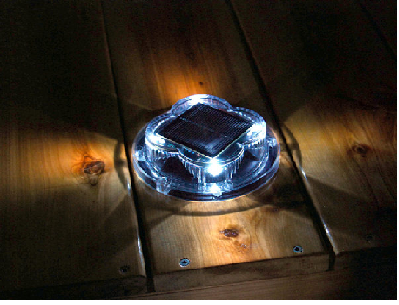 Fort Wayne, Indiana – A patent and copyright attorney for
Fort Wayne, Indiana – A patent and copyright attorney for 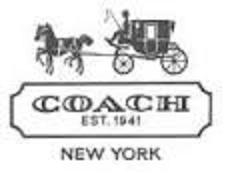 South Bend, Indiana –
South Bend, Indiana – 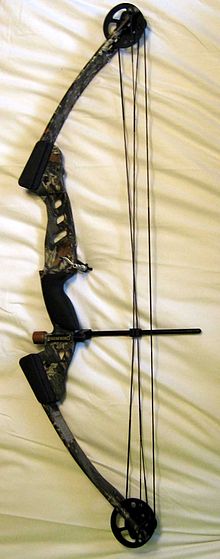
 “STRATOTONE” (the “Stratotone mark”),
“STRATOTONE” (the “Stratotone mark”), 